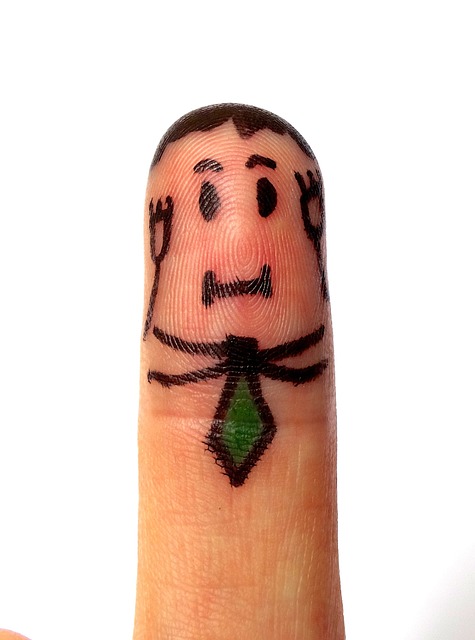It’s one thing to deal with your own fears and worries. It’s another thing entirely when someone else’s fear about you starts to weigh you down. When their concern turns into constant questioning, doubt, or even control, it stops feeling like love and starts feeling like pressure.
I get it—people worry because they care. But when that worry becomes overwhelming, it can feel like they don’t trust you to handle your own life. And that hurts.
The Weight of Your Worry
When someone is constantly worried about you—about your choices, your safety, your well-being—it can feel like you are carrying the weight of their fears on top of your own. It’s as if you are not just responsible for your own life, but also for managing their anxiety about it. Instead of feeling supported, you may feel scrutinized. Instead of feeling cared for, you may feel trapped.
Worry can turn into control. It can lead to questions that feel more like interrogations. “Are you sure that’s safe?” “What if something goes wrong?” “What if you regret it?” These aren’t just questions—they’re doubts wrapped in concern. And when you hear them over and over, it starts to chip away at your confidence, your autonomy, and your ability to trust yourself.
When Fear Replaces Faith
I understand that fear comes from love, but it can also feel like a lack of faith—faith in your decisions, in your ability to handle challenges, you need to navigate a challenging process and in your resilience.
The Hidden Burden of Being “Worried About”
At first, it might seem like a small thing. A concerned comment here, a nervous question there. But over time, it adds up.
It may make you:
- Second-guess yourself. When someone constantly expresses fear about your choices, you may start to wonder if you are actually making bad decisions—even when you know that you are not.
- Feel responsible for their emotions. Their anxiety about you isn’t something you can control, but you may feel the weight of it anyway.
- Feel like I have to justify everything. Instead of simply living your life, you may find yourself constantly defending yourself or giving explanations for your actions.
And the worst part? It can create distance between you and that person overtime. The more you feel scrutinized, the less you want to share or be around the one scrutinizing. I mean, who wants to be constantly hypervigilant about defending or explaining themselves?
So What to do about It?
First its the recognition that you cannot control how someone else feels. Secondly, its feeling empowered in knowing that you can control how you respond.
How, you may ask?
-
Recognize When It’s Their Fear, Not Your Reality
Just because someone else is scared doesn’t mean you need to be. Their fear belongs to them. Its not your responsibility to manage how someone else chooses to feel or react about something. It is also not your responsibility to carry it. -
Set Boundaries Without Guilt
It’s okay to say, “I know you’re worried, but I need to make my own choices.” Or even, “I appreciate your concern, but I need encouragement, not fear.” Boundaries aren’t rejection—they’re protection. -
Redirect the Conversation
If worry dominates every interaction, you can shift the focus. You can make statements like, “I hear that you’re scared for me, but what I really need right now is support.” Sometimes, people don’t realize how their words or actions affect you until you point it out. -
Limit How Much You Explain Yourself
You don’t have to defend every decision. If you start over-explaining, remind yourself: I am allowed to live my life without constant justification. A simple “I’ve thought about this, and I’m comfortable with my choice” is enough. -
Find Reassurance From Within, Not From Others
When someone’s doubt starts to shake you, remind yourself: I am capable. I am learning. I am allowed to figure things out without proving myself to anyone. - Create Some Distance
- Sometimes you may need to create a little distance, especially when going through a challenging process or season so that you may go through what you need to go through, make the decisions make and take the actions that you need to take – without constant question, interrogation or pressure.
The Bottom Line
Care and concern shouldn’t feel like pressure. It shouldn’t feel like control. And just because someone worries about me doesn’t mean you have to shrink under the weight of their fear.
You deserve trust. You deserve support. You deserver faith. You deserve hope. And you deserve to live your life without carrying someone else’s anxiety on your shoulders.













